Description
An exclusive limited edition photograph of a happy Henry Cooper, dressed in a dickie bow whilst smoking a cigar by Photojournalist Arthur Steel.
Arthur recalls: “I spent the afternoon with Henry at his house. I remember it well as this was my first photographic assignment after an operation for a Hiatus Hernia. I was really quite delicate and just about managed to get through the day. The picture editor was so disappointed with me as I hadn’t photographed him within the glamorous setting of his country house. I just wasn’t able, as that would have involved carrying lighting, so I came back with this strong headshot instead. It was a lovely afternoon with a lovely man.”
✓ Exceptionally rare limited edition photograph.
✓ Direct from the Artist.
✓ Non licensable images.
✓ Printed by Metro Imaging.
✓ Hand signed by Arthur Steel.
✓ Video of Arthur Steel signing your print(s).
✓ Certificate of Authenticity.
✓ Free worldwide delivery.
✓ Tracked & signed for delivery.
✓ Paypal Pro protection.
✓ Secure SSL payment protection.
✓ 14 day money back guarantee.
✓ Excellent customer care and service.
Black & White Film Grain:
Arthur’s photographs were all captured on 35mm film, a fast medium grain film called ‘Kodak Tri-x Pan’ with an ISO speed of 400. It enabled photojournalists at the time to shoot in relatively low light conditions. Nowadays, we are used to grainless images even at an iso of 800 and above. The grain effect adds to the character and charm of the images and dates the pieces accordingly. Arthur’s images cannot to be compared to todays grainless digital technology.
Signed prints Vs. Unsigned prints:
Most artists sign their prints at the bottom right corner of the piece. By signing a print, the artist approves it, and, claims it as his or her own work. Signatures count for a lot on the print market since they add to the artwork’s authenticity. The value of a signed print is higher than the value of an unsigned print, so if you have a choice, it’s always better to acquire signed prints.
Limited editions Vs. Open editions:
As a rule limited edition prints are valued more highly and therefore are priced higher than the readily available open edition prints. Also, limited edition prints are collectible, which is not the case for open edition prints. Due to their scarcity, limited edition prints are prized, and collectors and art lovers will seek to create a collection of the same.
Camera: Leica 35mm.
Film stock: Kodak Tri-X Pan.
Location: His home.
Year: 1982.
Collection: Gold.
Print Type: Fibre-based Harman Galerie FB Digital.
Printed by: Metro Imaging.
Limited Editions:
All prints are limited editions, no further prints are produced once sold.
50″ prints / edition of 10
40″ prints / edition of 20
30″ prints / edition of 30
20″ prints / edition of 30
12″ prints / edition of 30
Bespoke: All prints are bespoke and printed to order.
Presentation: 12 and 20 inch prints are titled, numbered, signed and carefully enfolded in acid free tissue paper, supplied flat in an acid free 4mm 3-ply box for delivery and storage purposes. The boxes are ideal for gift wrapping. The larger 30, 40, 50 and 60 inch prints are also titled, numbered, signed and carefully enfolded in acid free tissue paper and inserted into a rigid 4mm thick protective cardboard tube for delivery.
Optional Dry Mounting for clients within the UK: Professional Dry Mounting of the larger print sizes can be arranged at no extra cost, the print would then be perfectly flat and ready for framing. However, this makes the overall size bulky and too fragile to send overseas. So, if you reside abroad, it is best that we send a rolled print directly to your chosen framer and you entrust them to carry out the works for you. We recommend that you check that your framer is fully insured as we cannot take responsibility for any damages that may occur during the mounting/framing process.
Delivery: Metro Imaging based in Central London use an experienced shipping service to deliver the boxed and rolled prints. Metro take great care in ensuring the print(s) are very well protected and efficiently delivered anywhere in the UK or overseas. Acid free tissue paper protects prints from scratching/creasing. Metro also offer a vast array of delivery options to suit the recipient’s preference.
Certificate of Authenticity: Each print acquired from The Arthur Steel Archive is accompanied by an individually signed Certificate of Authenticity.
Video of Authenticity: Newly printed bespoke prints are further authenticated by way of a short personalised video. Arthur Steel mentions your name on the recording prior to signing. For example, Arthur will say something like: “I’m signing this print of Henry Cooper, edition number 2/20 for Mr. Smith in New York.” For your records, the footage is then sent to you via email.
Watermark: Watermarks will not be present on an original print.
Copyright: © Arthur Steel / The Arthur Steel Archive.
Biography: Sir Henry Cooper OBE KSG (3 May 1934 – 1 May 2011) was an English heavyweight boxer. Cooper held the British, Commonwealth, and European heavyweight titles several times throughout his career, and unsuccessfully challenged Muhammad Ali for the world heavyweight championship in 1966.
Following his retirement from the sport, Cooper continued his career as a television and radio personality; he was the first (and is today one of four people) to twice win the public vote for BBC Sports Personality of the Year Award and is thus far the only boxer to be awarded a knighthood.
Cooper was born on 3 May 1934 in Lambeth, London to Henry and Lily Cooper. With identical twin brother, George (1934–2010), and elder brother Bern, he grew up in a council house on Farmstead Road on the Bellingham Estate in South East London. During the Second World War they were evacuated to Lancing on the Sussex coast.
Life was tough in the latter years of the Second World War, and London life especially brought many dangers during the blackout. Henry took up many jobs, including a paper round before school and made money out of recycling golf balls to the clubhouse on the Beckenham course. All three of the Cooper brothers excelled in sport, with George and Henry exercising talents particularly in football and also cricket.
George Cooper, Henry’s twin, who boxed as Jim Cooper, died on 11 April 2010 at the age of 75.
Henry Cooper served his National Service in the Royal Army Ordnance Corps, where he was recruited for his boxing ability.
Cooper died on 1 May 2011 at his son’s house near the border of Limpsfield and Oxted, Surrey, after a long illness, 2 days before his 77th birthday.
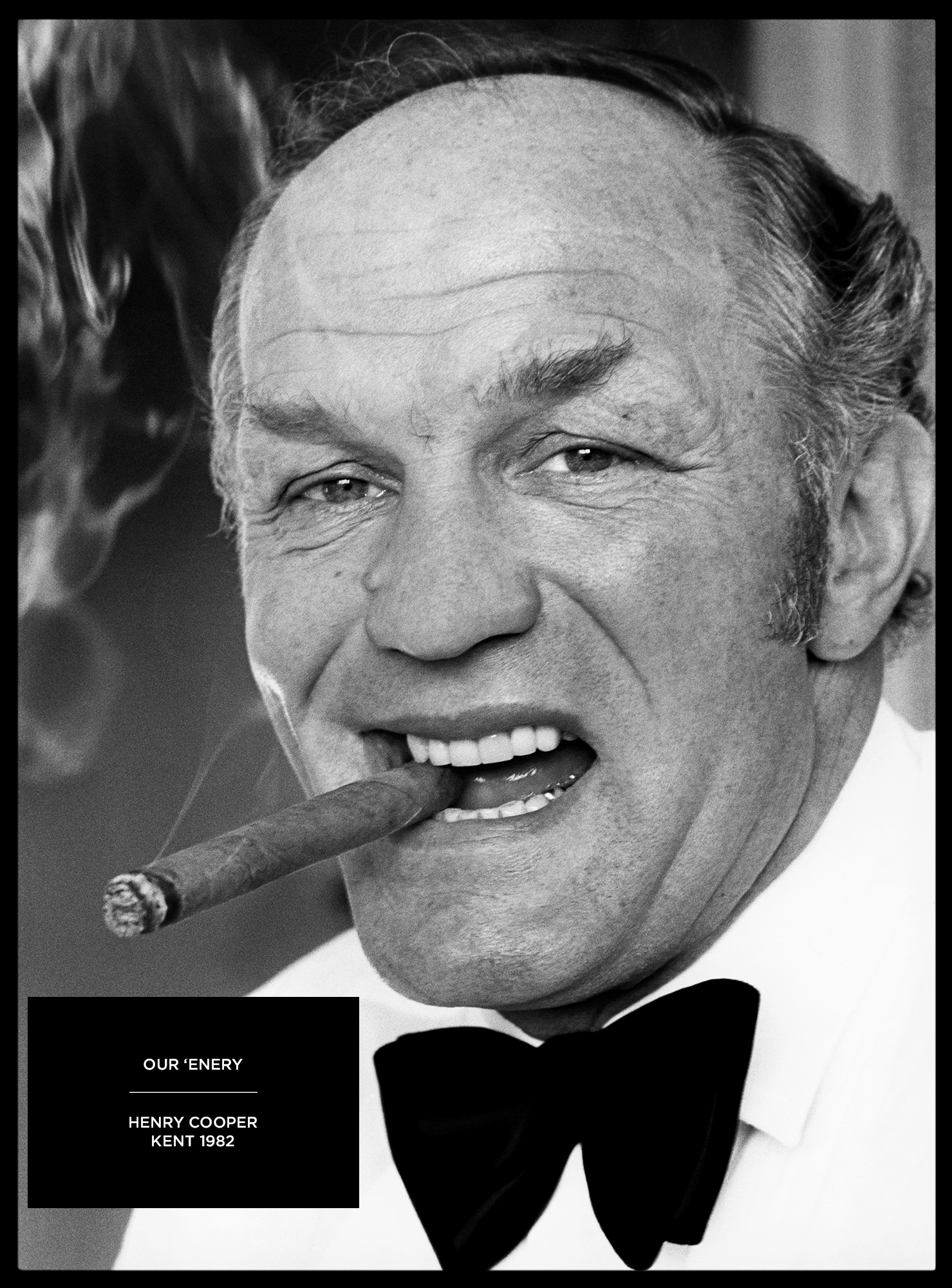
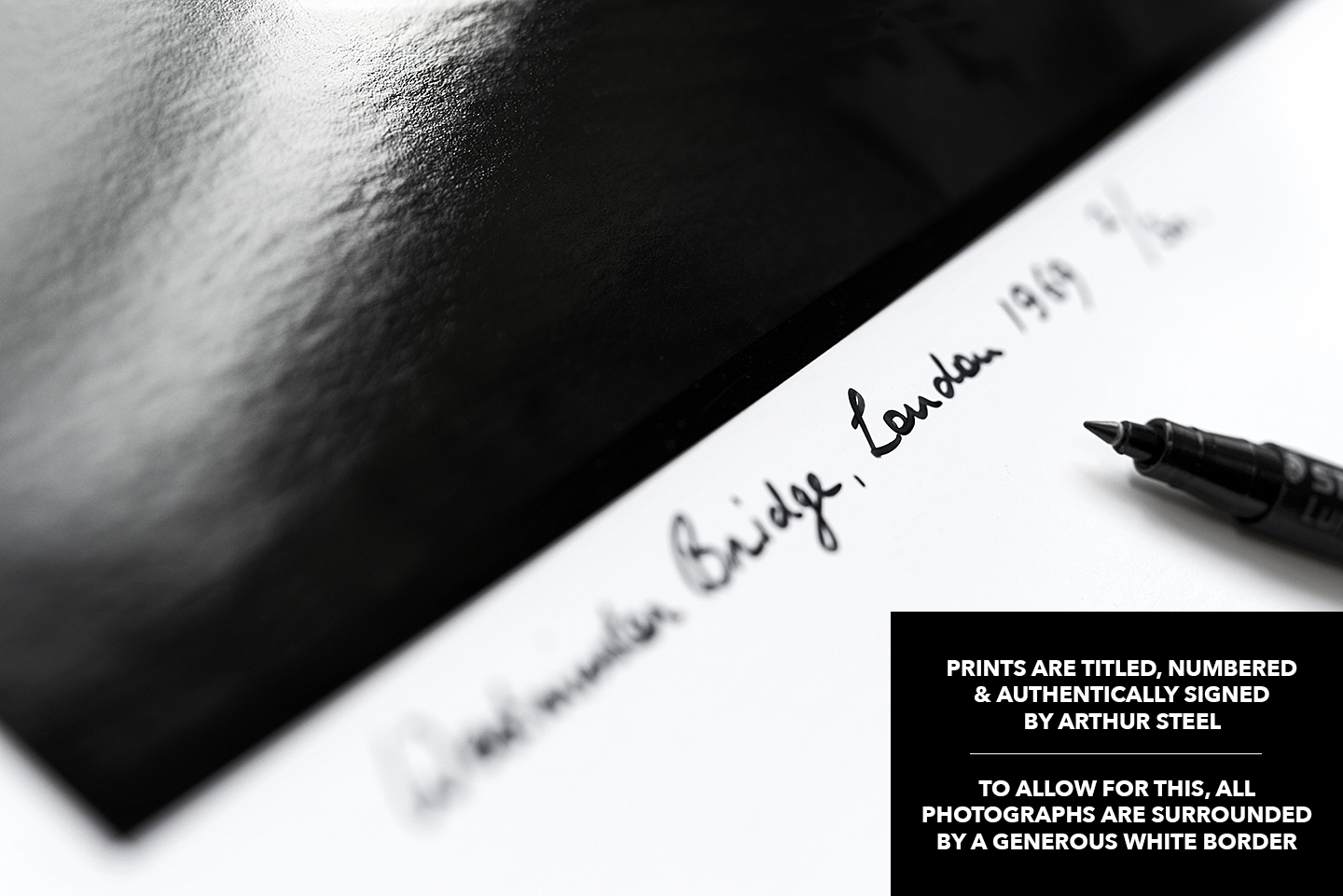
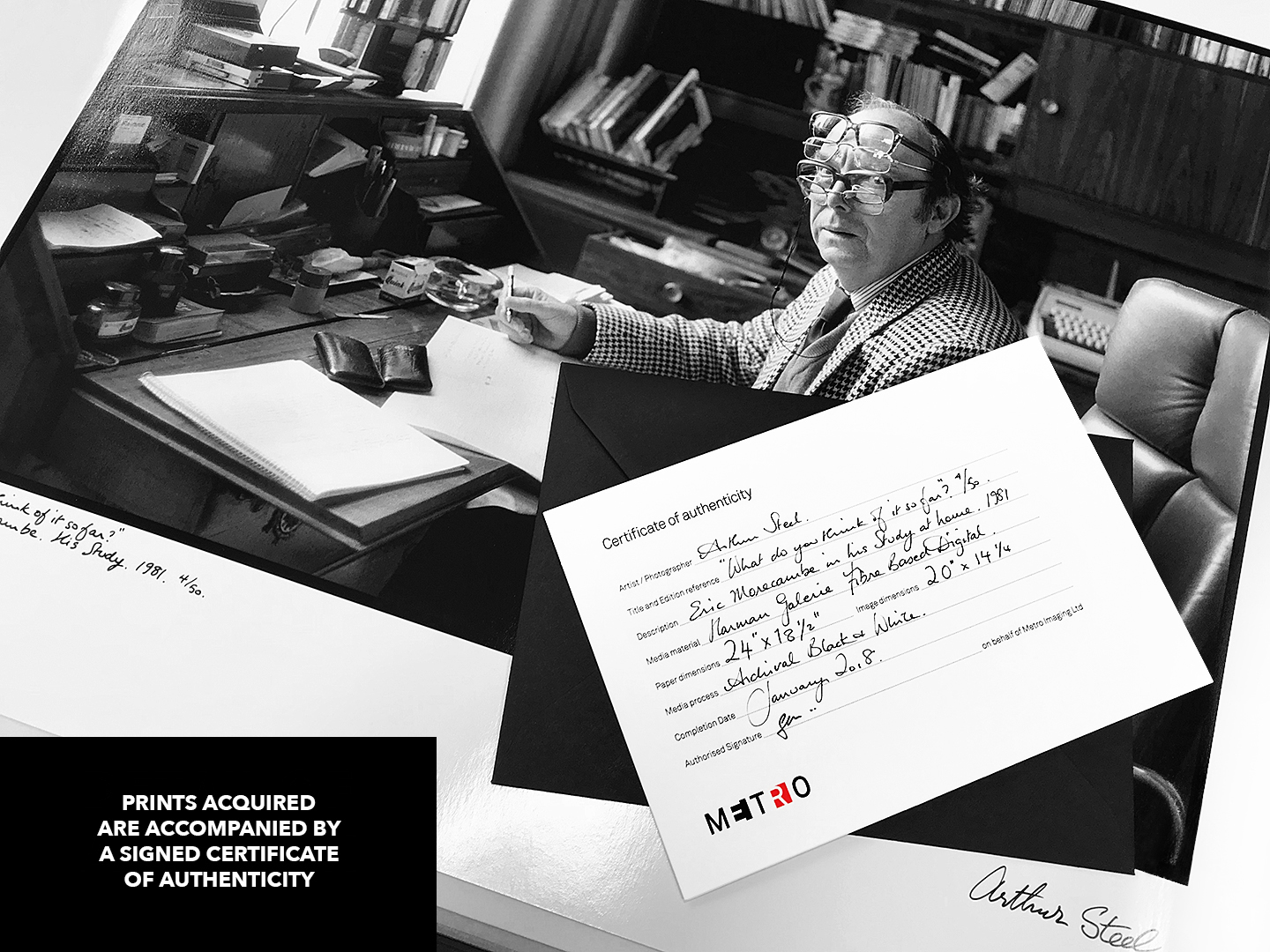
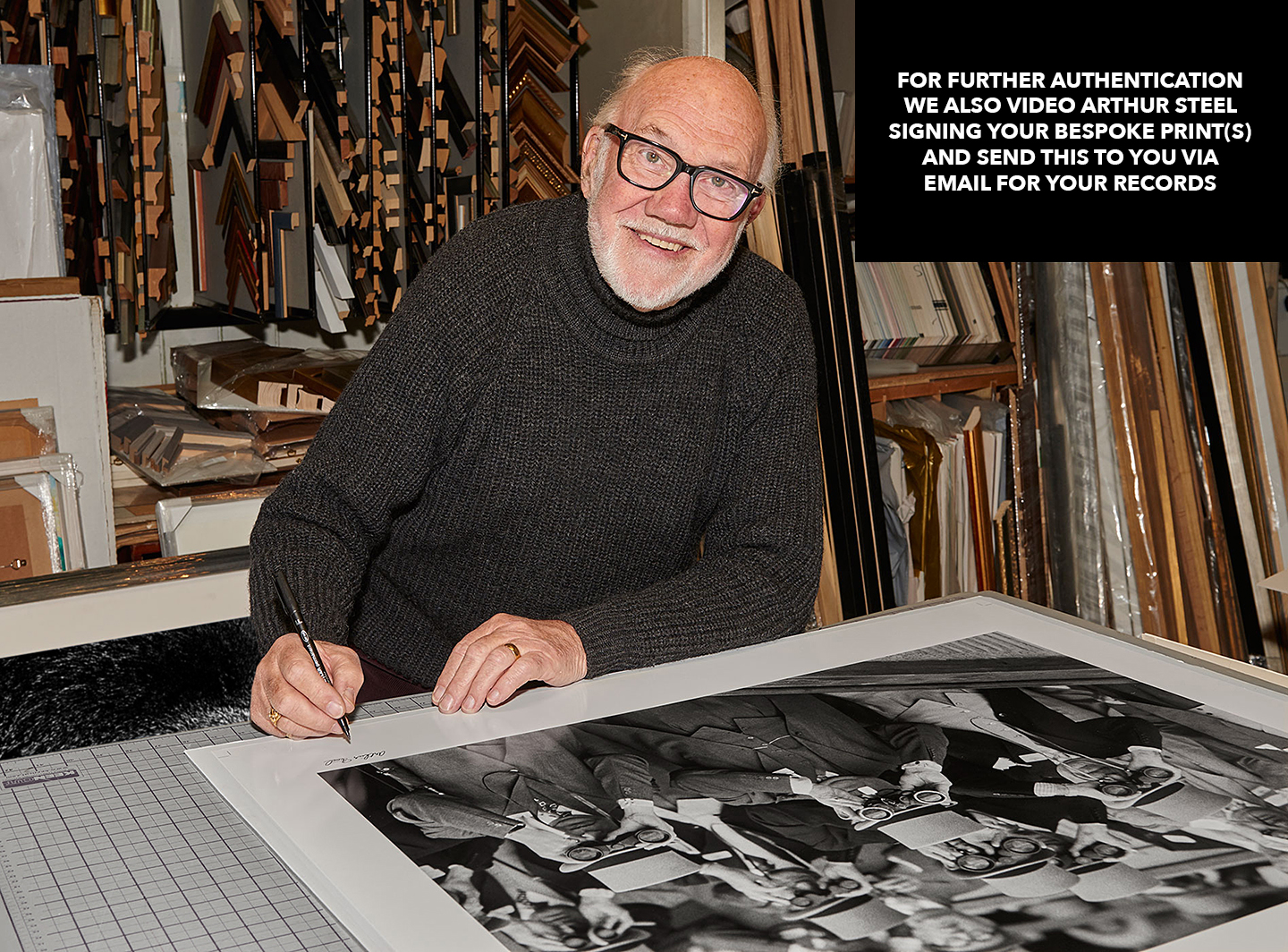
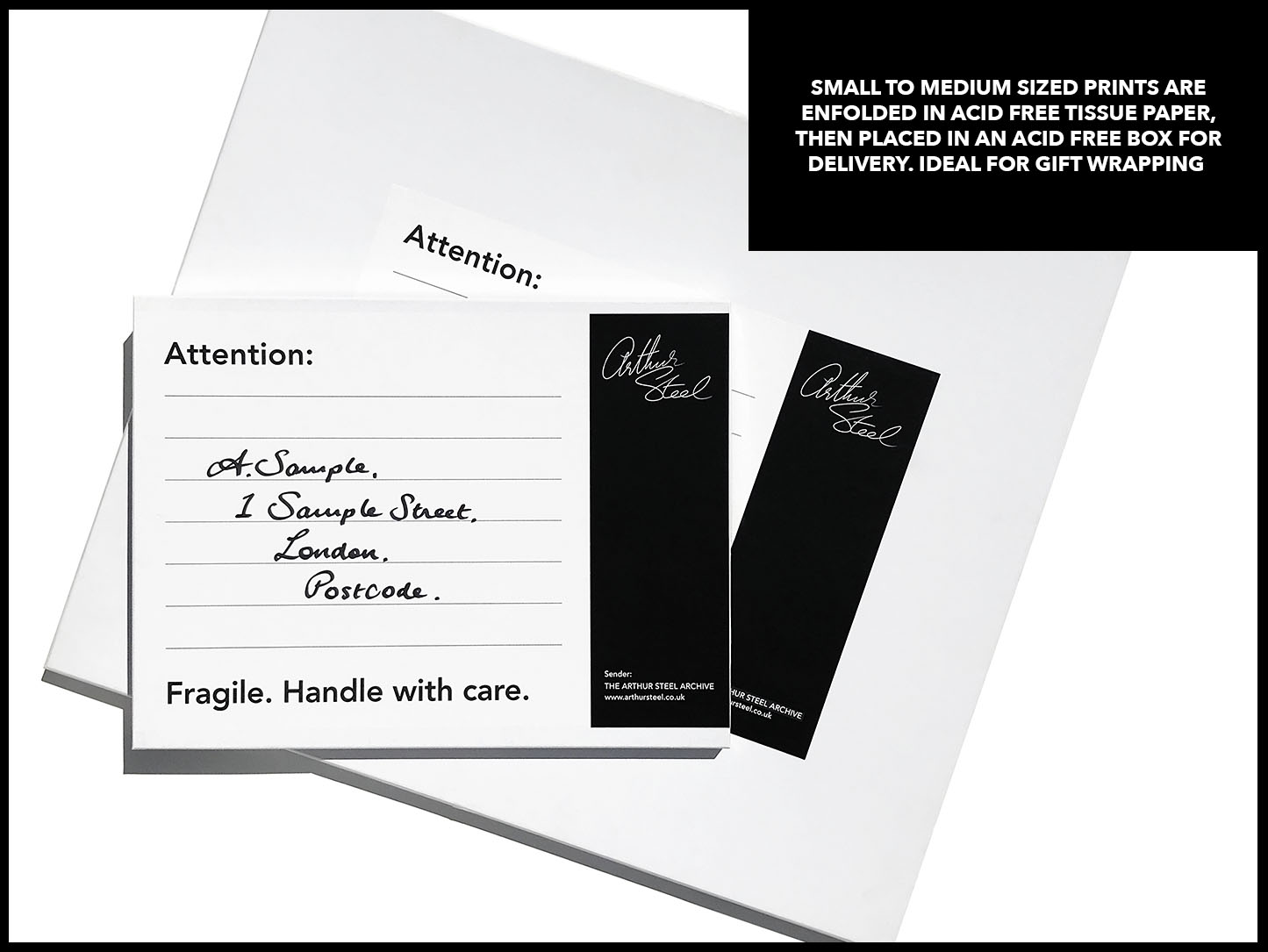
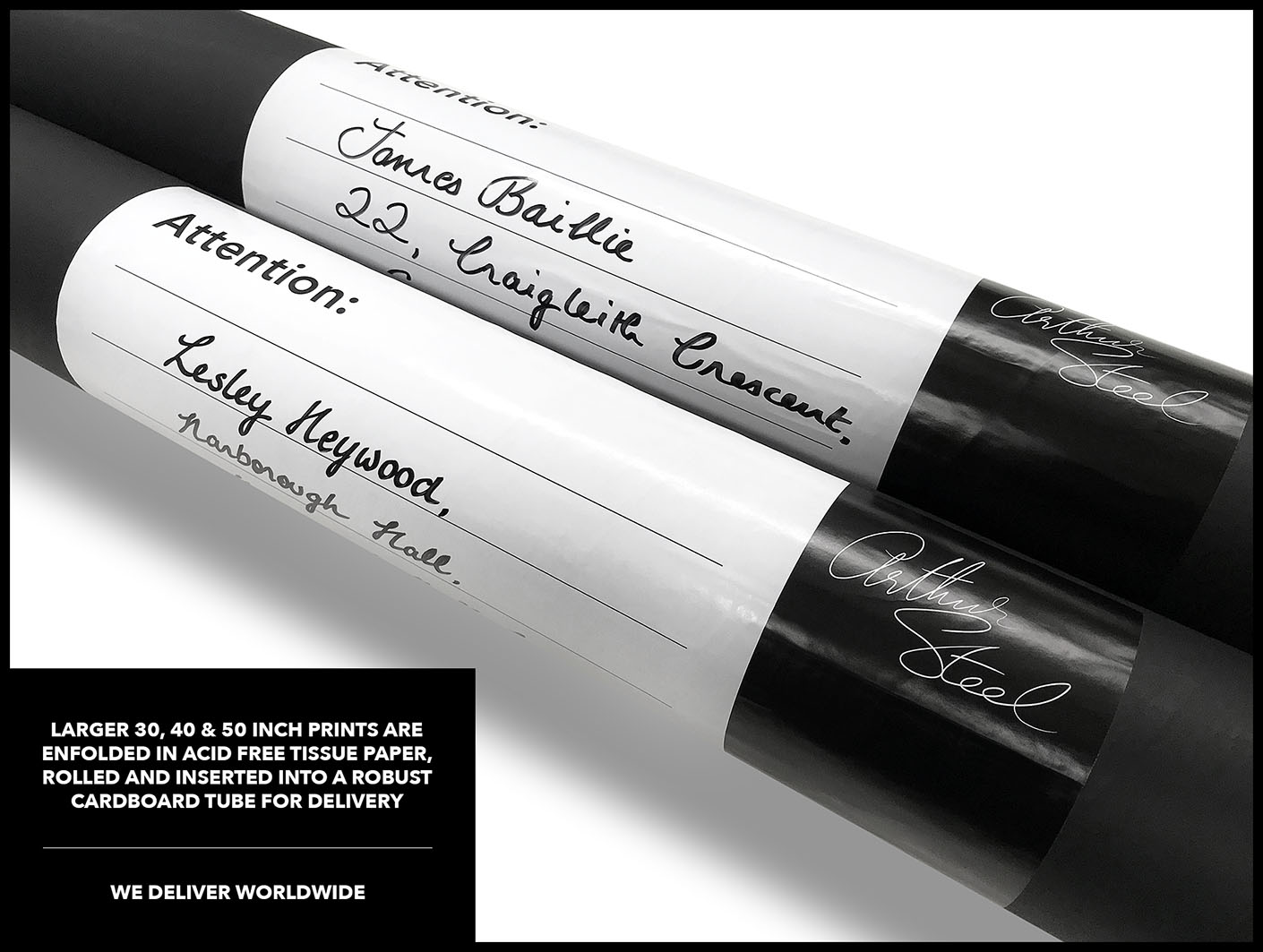
Recent Comments